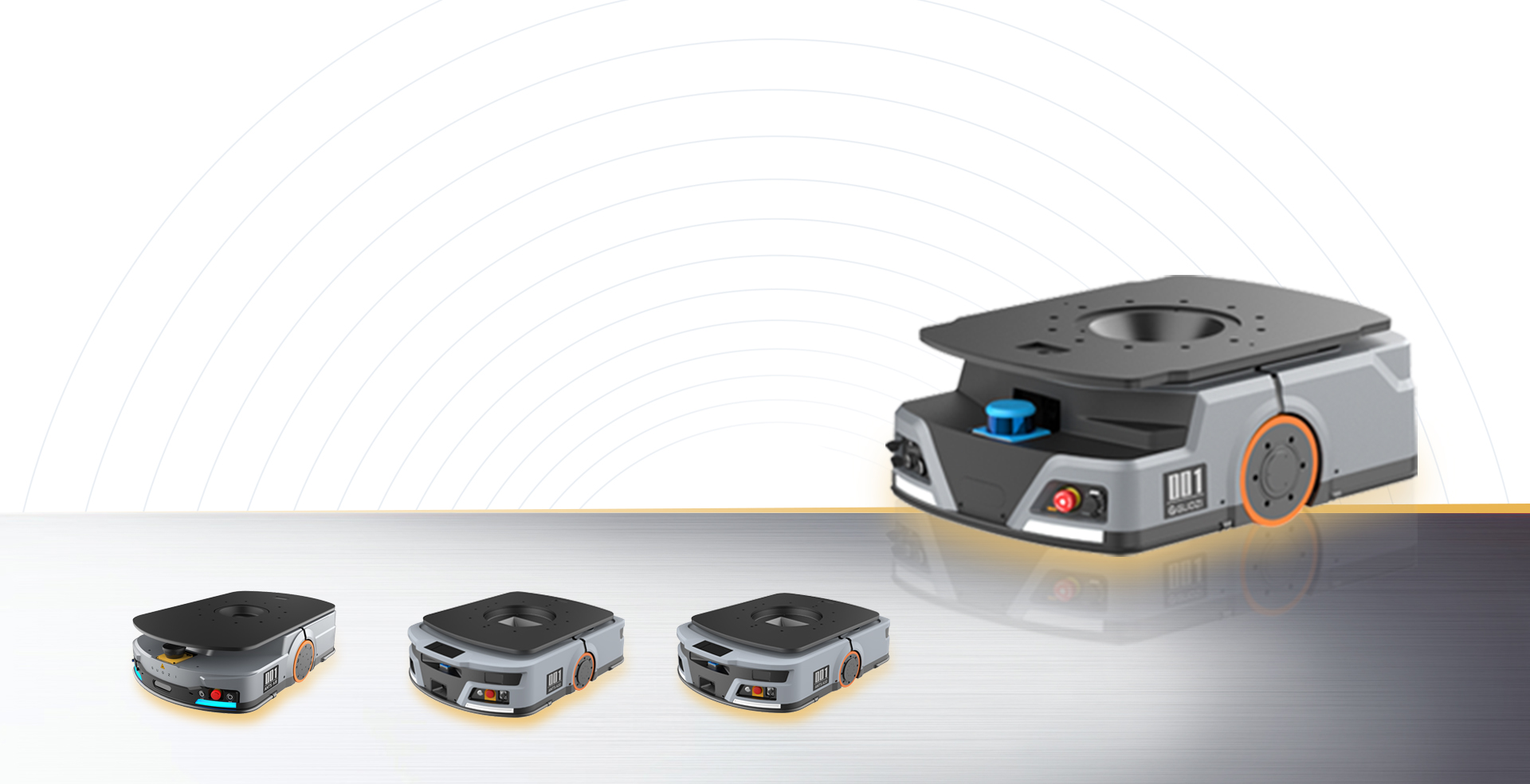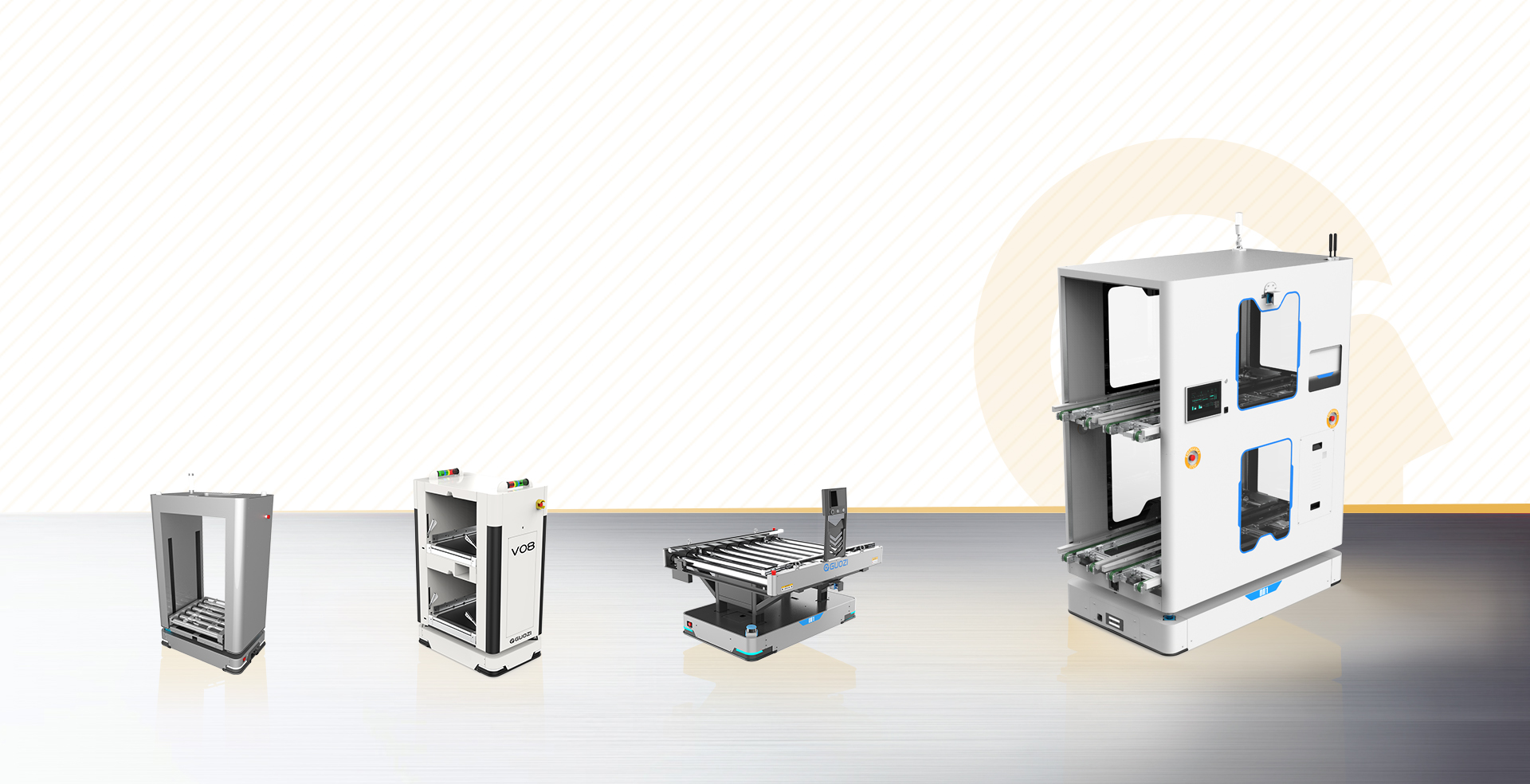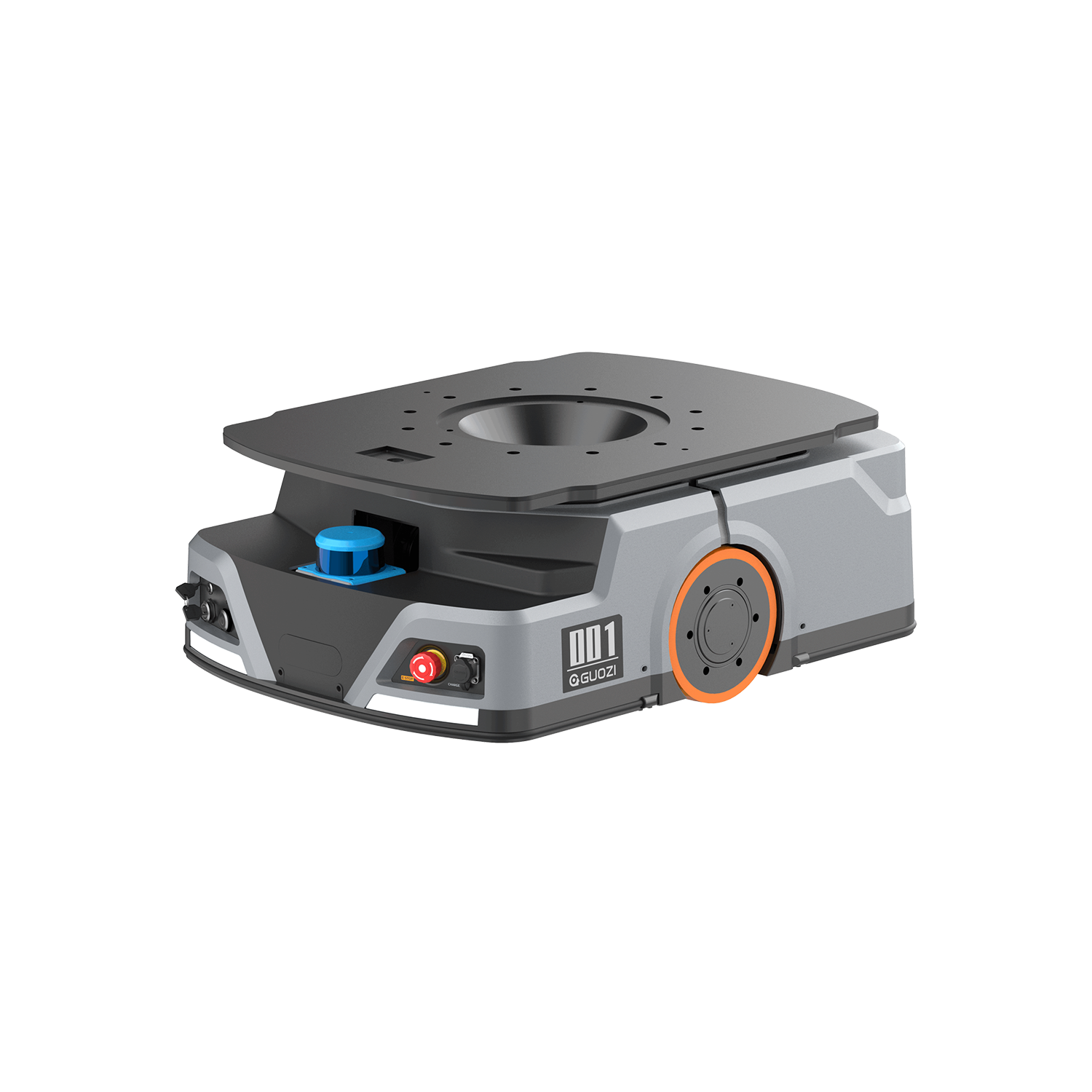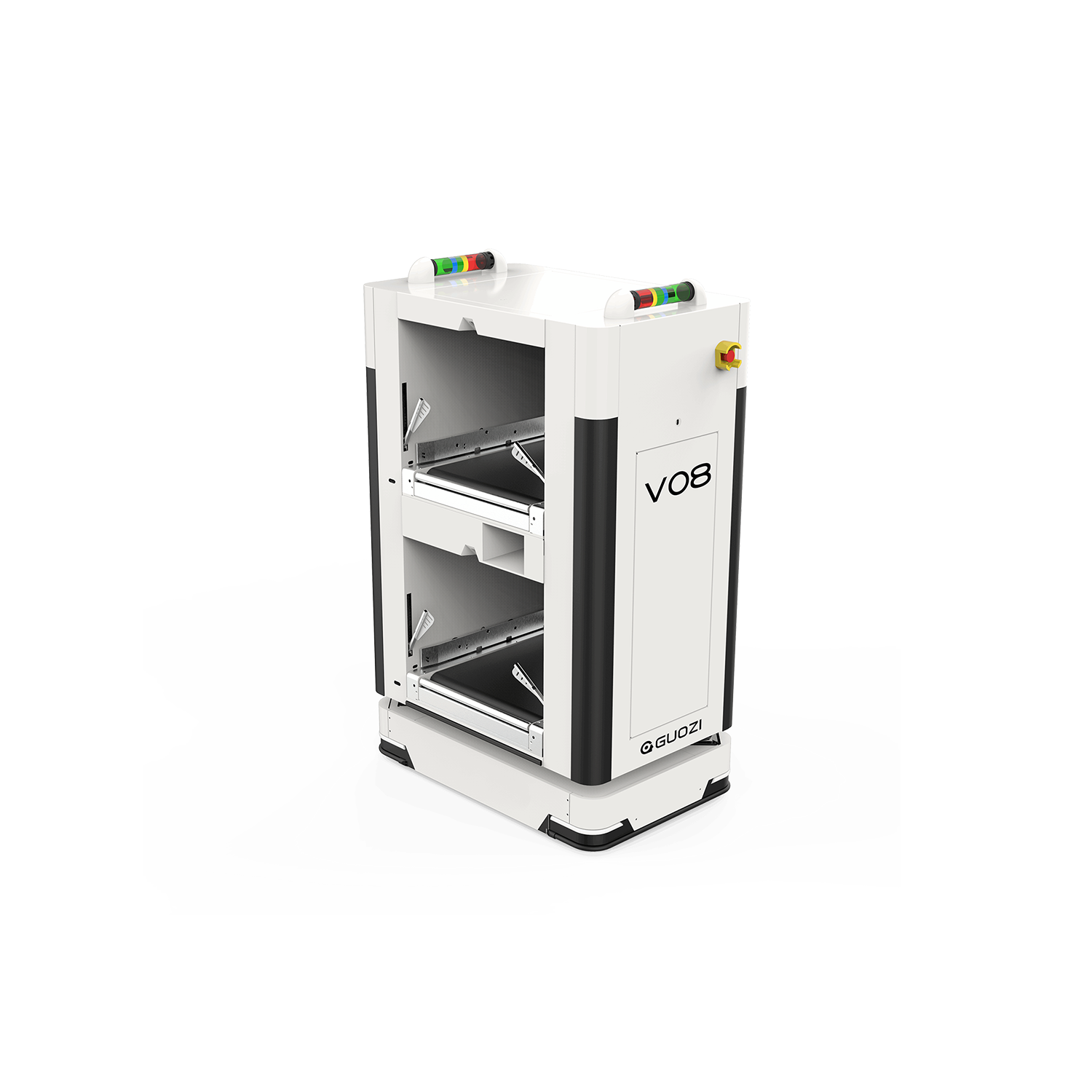With the continuous progress of technology, retail robots are gradually becoming an important force to change the traditional retail industry. In this paper, we will discuss the business model of retail robot market from the innovative practice of retail robots in practical application and analyze its impact on the future retail industry.
1.Innovative Practices of Retail Robots
Unmanned Convenience Stores
Unmanned convenience stores are a highlight of retail robot applications. By integrating technologies such as face recognition, product identification, and self-checkout, unmanned convenience stores realize 24-hour unattended operation, providing consumers with a convenient shopping experience.
Intelligent warehousing
The application of retail robots in warehouse management, including automated handling, intelligent inventory, and shelf organization, has greatly improved warehousing efficiency and lowered labor costs.
Personalized service
With the help of big data and artificial intelligence technology, retail robots are able to analyze consumer behavior, provide personalized recommendations and services, and improve consumer shopping satisfaction.
Intelligent security
Retail robots can also be used for store security monitoring, through video analytics and other technologies, to monitor store security in real time and prevent theft and other behavior.
2. Exploration of Business Models in the Retail Robotics Market
Leasing Mode
Aiming at the high cost of retail robots, some companies have introduced leasing modes, which reduces the retailer's up-front investment. At the same time, profitability is realized through later service charges.
Data services
The large amount of data collected by retail robots has high business value. Enterprises can analyze the data to provide retailers with insights on market trends, consumer behavior, and other insights, realizing the business model of data services.
Joint operation
Robot manufacturers partner with retailers to jointly operate robotics programs and share operational revenues, a model that reduces risk for retailers while securing market share for robot manufacturers.
Customized services
Provide customized robotic solutions for different retail scenarios to satisfy the needs of a specific retail business, thus gaining a higher market share.
3. Impact on the future retail industry
Enhance efficiency
The widespread application of retail robots will greatly enhance the operational efficiency of the retail industry, reduce costs, and provide consumers with faster and more convenient services.
Changing the Consumer Experience
Personalized services and intelligent interactions brought about by retail robots will change consumers' shopping habits and enhance the consumer experience.
Promoting industry innovation
The application of retail robots will promote the development of new retail formats, such as unmanned retail and smart stores, and bring new points of growth to the retail industry.
Accelerating competition in the industry
With the popularization of retail robots, the competition in the retail industry will become more intense, and companies will need to continue to innovate in order to adapt to the development of the intelligent era.
To summarize, the innovative practices and business model exploration of the retail robotics market have brought new development opportunities for China's retail industry. Retail enterprises should actively embrace change, use retail robots to improve their competitiveness, and jointly promote the intelligent transformation of the retail industry.








